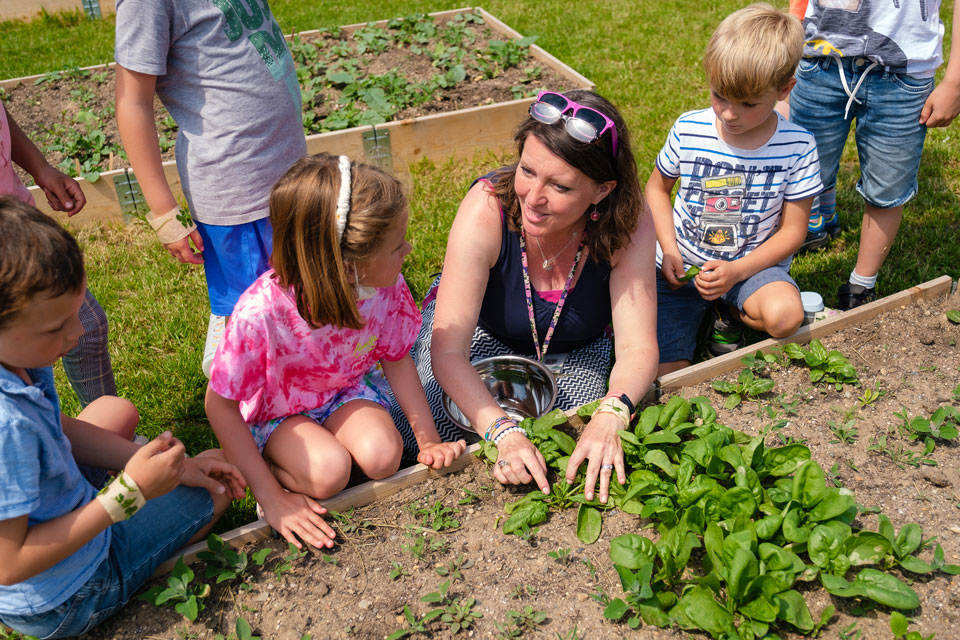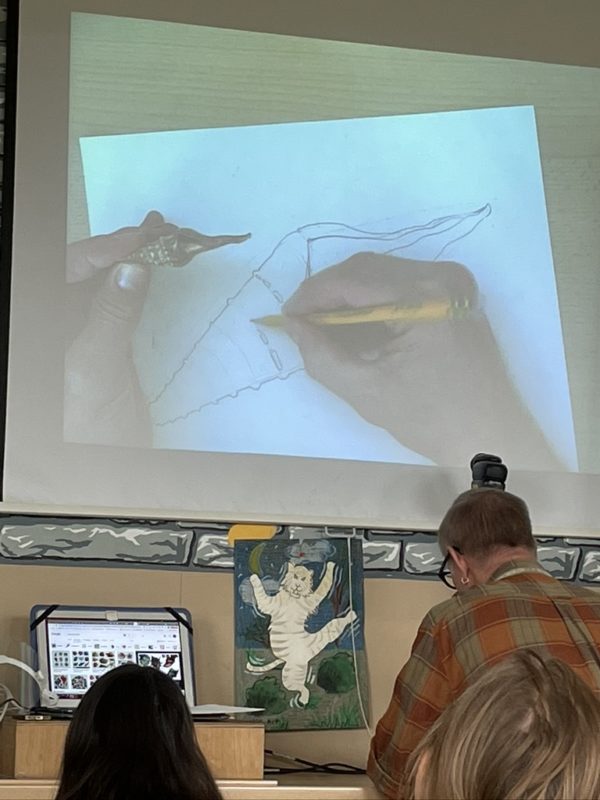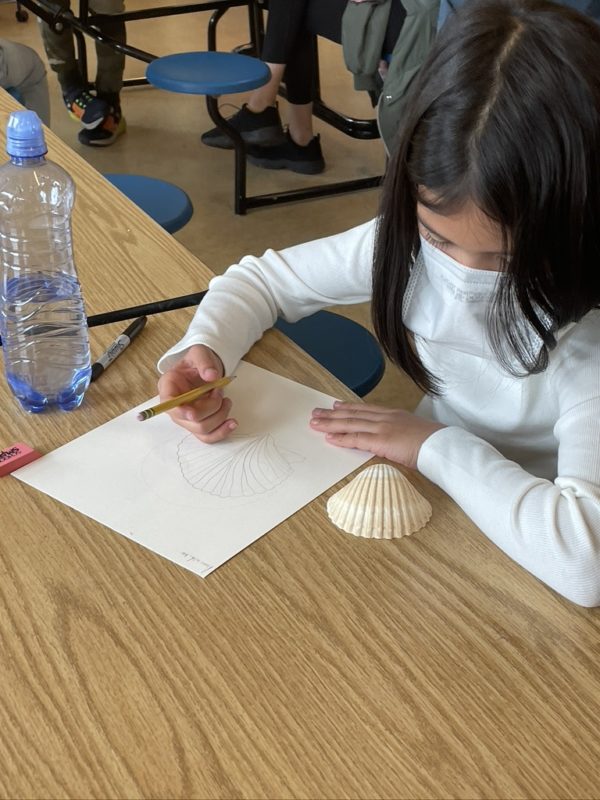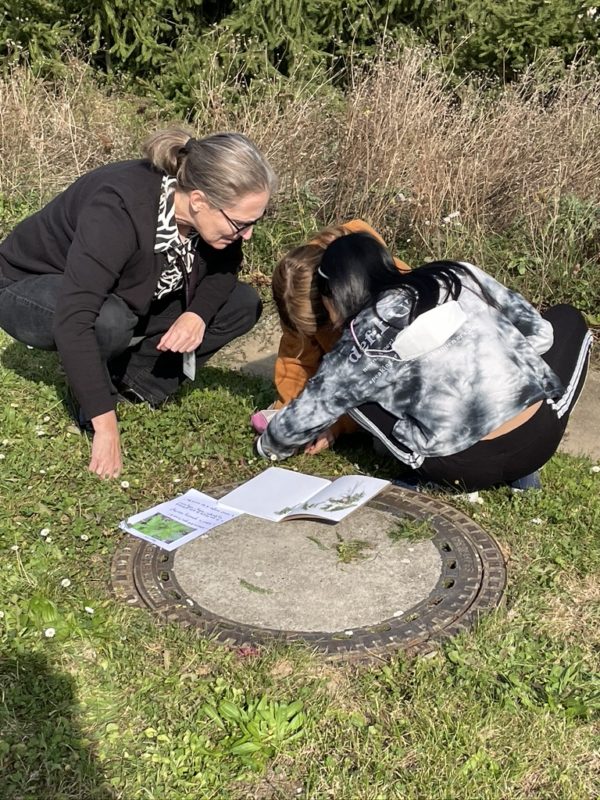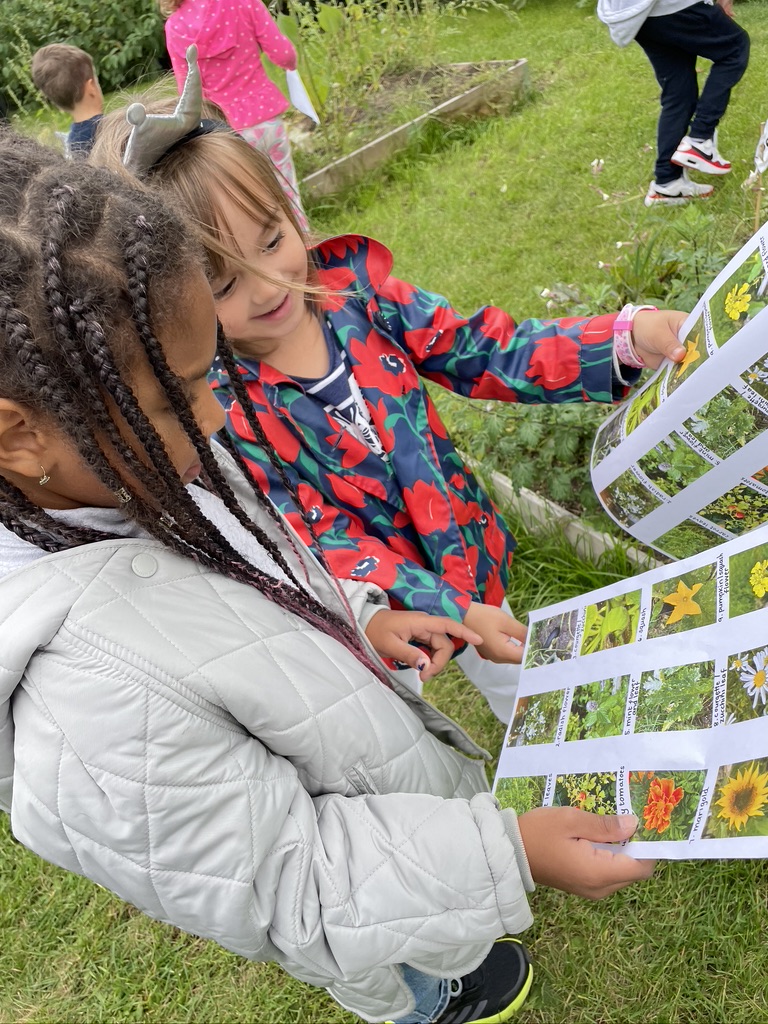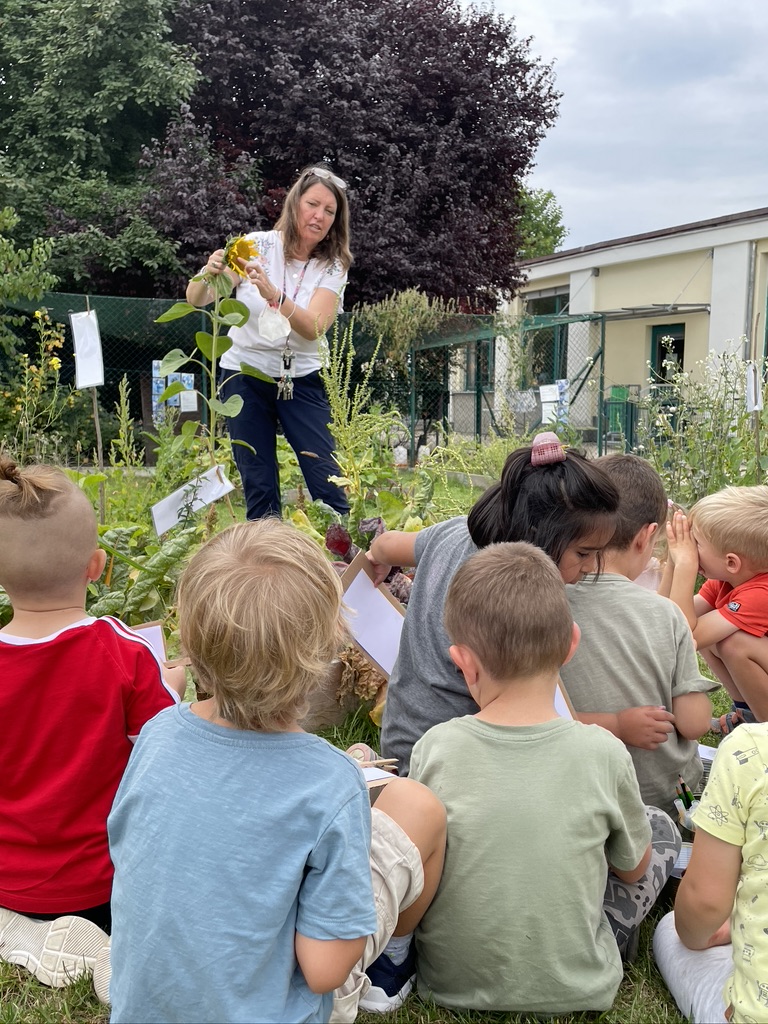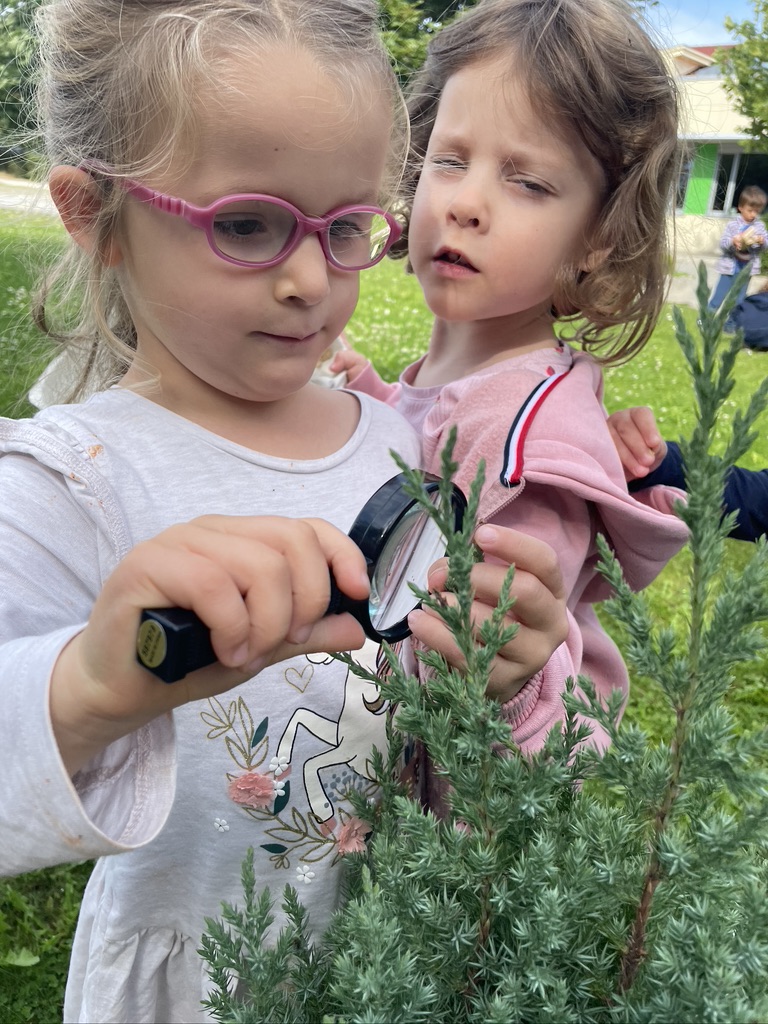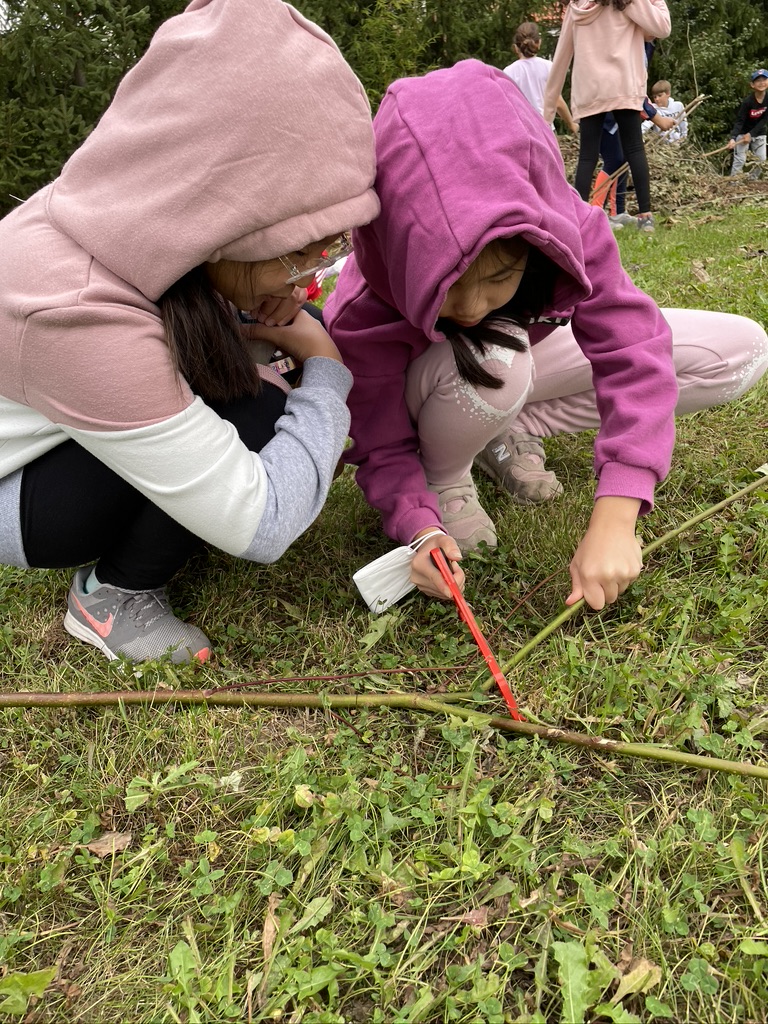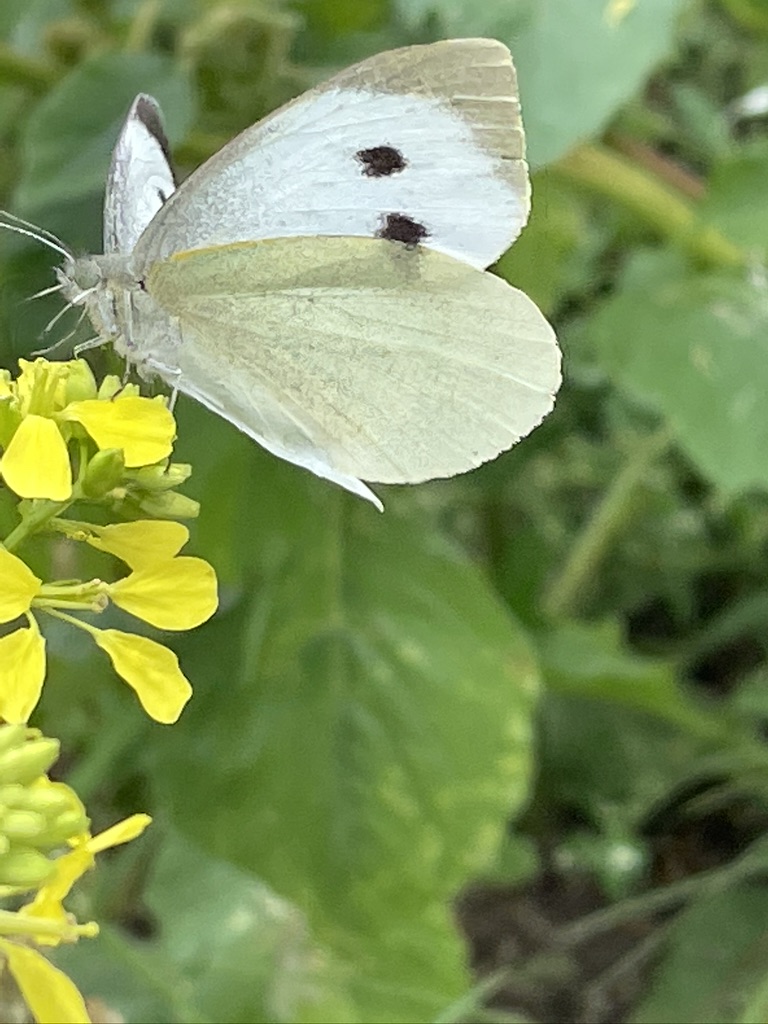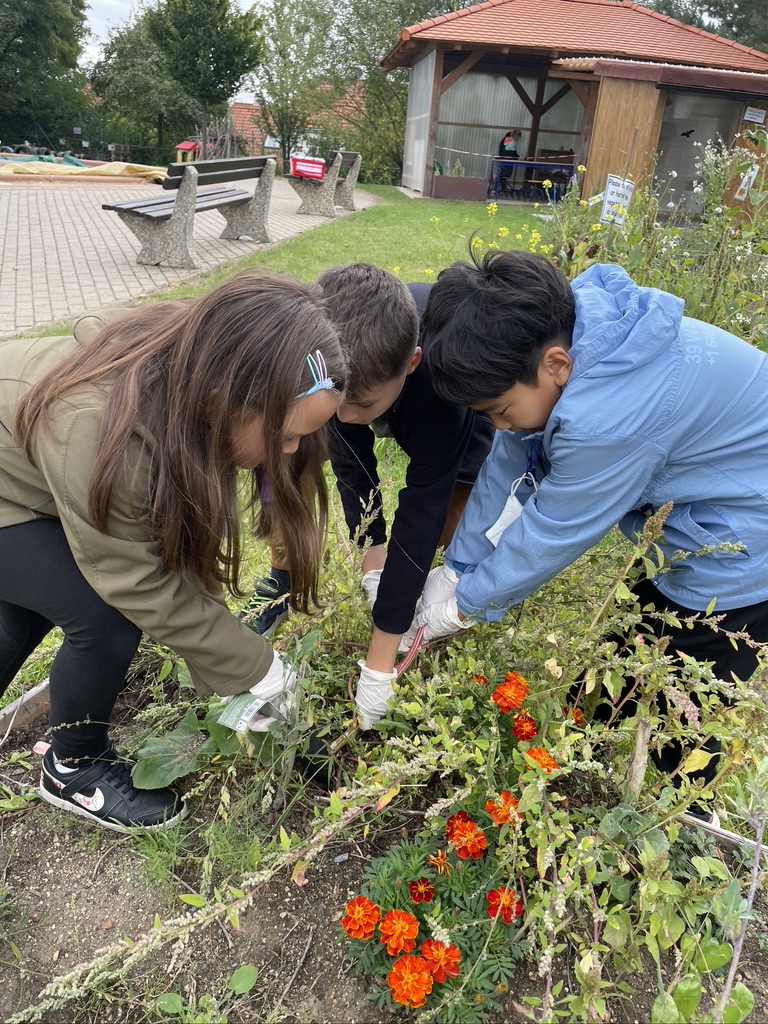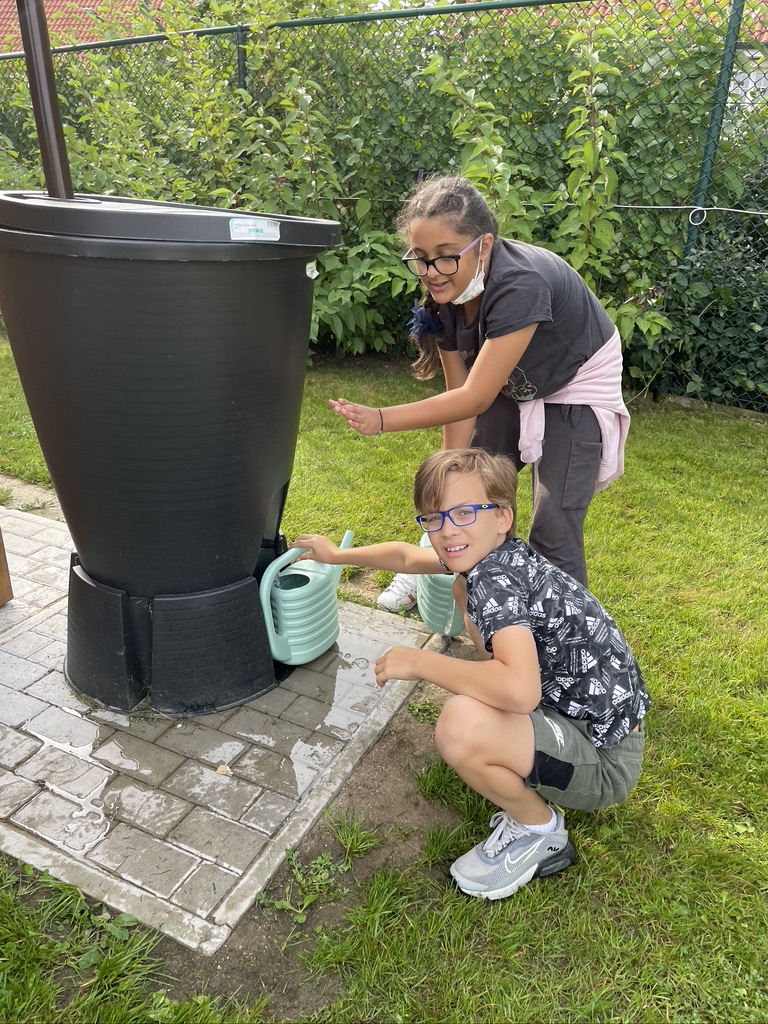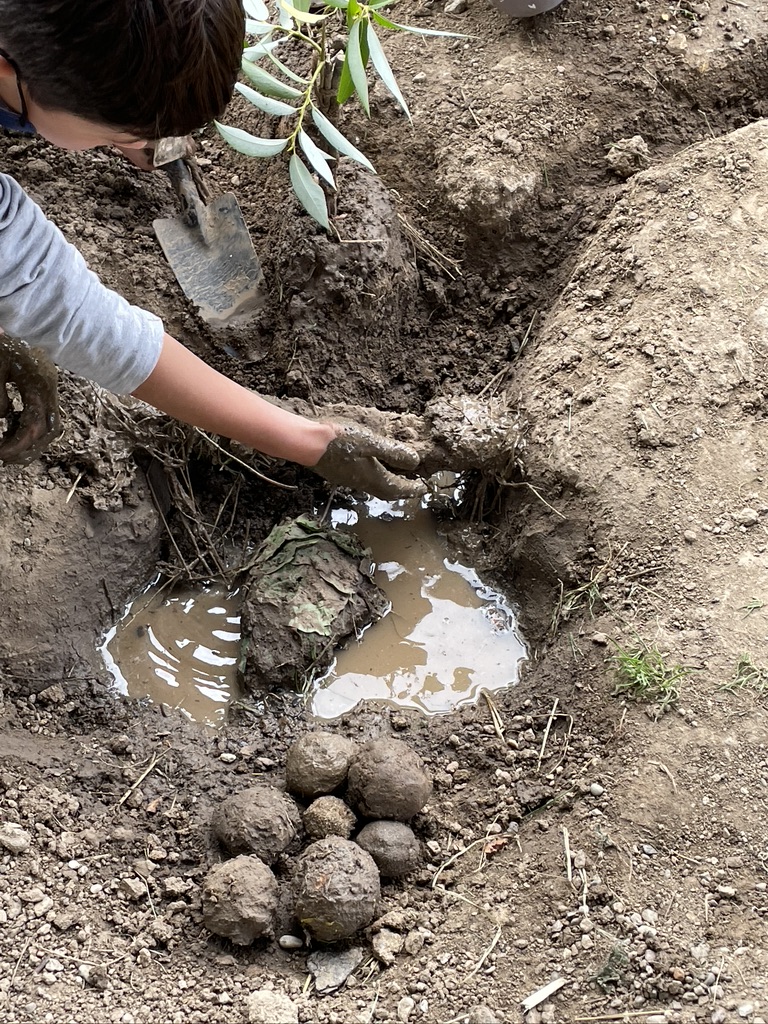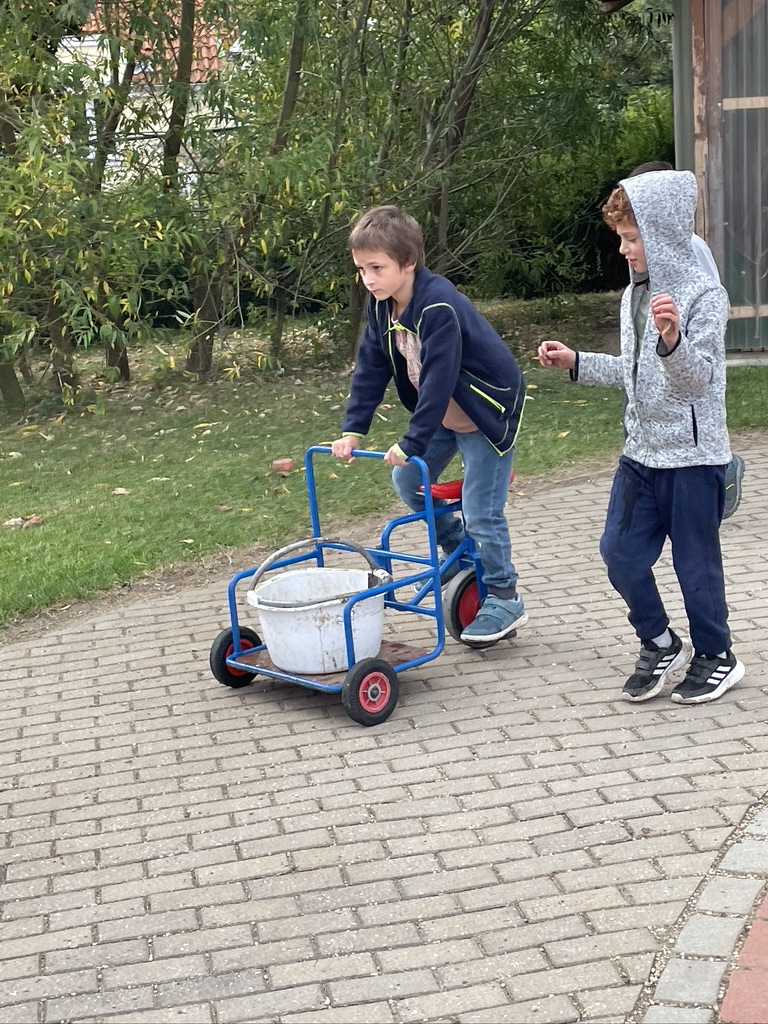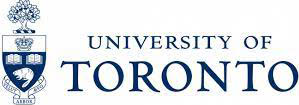Interested in experiencing life and learning at ISP? See details and registration for our upcoming Open Days here: https://www.isp.cz/open-days/
Through participating in Outdoor Learning engagements, children develop their scientific knowledge of life cycles, plant life, animal life, and pond / water life. This learning is nurtured through a balance of intentionally designed provocations and observing and following the children’s interests.
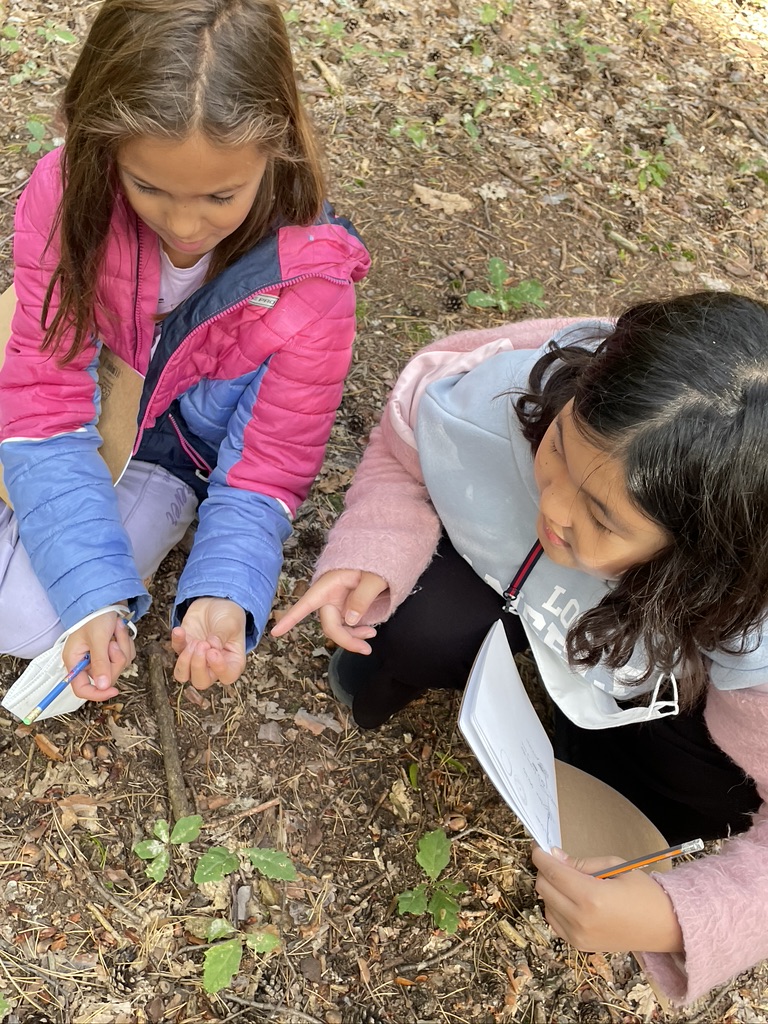
Everyone at ISP is very excited about our growing Outdoor Learning Program in the Elementary School. Our Elementary Outdoor Learning Specialist Teacher, Ms. Kerry Craig, explains why loving and living with nature is so important for young learners.
1. Why develop an Outdoor Learning Program? Outdoor Learning develops:
- a sense of responsibility and ethic of care for the natural world
- confidence to take risks and persist with complex challenges and adventures
- collaborative & independent skills to solve authentic problems
- Health and wellbeing
- Knowledge about interdependence and living a sustainable lifestyle
- Authentic observation, drawing, writing, and maths skills.
| How can we think, observe and collect like a scientist? Field Journaling – a collaboration between 4th grade, Outdoor Learning and Art. Fourth grade students have been looking for deciduous and coniferous trees and learning how to take clear and concise notes as well as creating detailed observation drawings. This ‘field journaling’ brings together a number of organisational learning, documenting and language skills. This journaling was enhanced by lessons intentionally designed by our art teacher, Mr. Chip, to help the children feel more confident in observational drawing and colouring using watercolor paints. He introduced this by directing them to the work of Albrecht Durer (1471-1528), an artist who would capture images of birds and animals through the mediums of pen and ink and watercolor. Fourth graders have also been learning about the different kinds of weeds we have in the playground. They have pulled “unhelpful” weeds that we do not want to have in our garden, and left “helpful” weeds that are homes for insects, attract bees or are making seeds for us. Students enjoyed learning more about foraging, and the different uses that plants can have – e.g., weeds that you can eat, plants that can be used for medicinal purposes. |
2. Why is it so important to develop these skills at this point in time? If we hope to save the planet and remain viable as a species, we have a responsibility to take care of the natural world and learn to live a sustainable lifestyle. Even six months ago, that statement might have seemed melodramatic. However, the recent weather catastrophes of fires, extreme heat, hurricane-level storms, and flooding all evidence how crucial it is that we live responsibly and care for the natural world. The chance that children will care for the natural world grows when they engage in outdoor learning: what we know and love, we will take care of!
| How can we provide homes for insects on our campus? Learning about the possibilities of plants. Last year 5th graders did some data collection about the number of insects on campus. We were disappointed to note that the only insects we could find were ants. This year we came back after the summer to a garden of both edible produce, flowers and uninvited weeds! These plants were home to many insects – grasshoppers, shield/stink bugs, bees, wasps, etc. and we are happy that now we can say we have created homes for these insects through our garden area. We now also leave a patch of our playground as a meadow area – next to this we have an intentional pile of old branches and leaves. Already these are providing us with many insect specimens. We have been cleaning some of these branches of their dead leaves to build natural fences and insect hotels in the coming months. |
3. What is Outdoor Learning?
Outdoor learning is experiential learning in, for, or about the natural environment and can encompass:
- Gardening
- Animal care
- Den building
- Survival skills
- Camping
- Orienteering
- Scientific knowledge: life cycles, plant life, animal life, pond / water life. etc
- Knowledge of woodland and wildlife.
| Where can we find nature on campus? Learning about nature, in nature. Early Childhood Foundations (ECF) children learn about nature in a number of ways. Two year old children learn about birds through reading books and singing songs about them and filling up the bird feeders. Three and four years old have been reading books about collectors and collecting. They have been collecting natural materials on campus with the aim of sorting them into big class collections. Five years olds are beginning to talk about Autumn. They started to think about the leaves changing color and did an art project which involved collecting leaves on sticks. They also talked about how to be safe when working with sticks. Last year the children were enthralled by birds on the ISP campus and they learned about birds through provocations and resources. Many of the children became bird watchers in their own backyards and local parks during Distance Learning. No doubt, this interest in birds will continue to grow this year! |
4. What are the Outdoor Learning plans for this year?
As one of the Curriculum Learning Leaders for Science, I will collaborate with the Science team across the school to develop a strong emphasis on sustainability in the Science Curriculum from Early Childhood Foundation to Upper School. This will include a scope and sequence of content for Outdoor Learning across ISP.
| What are the benefits of our new Rainwater Collection Barrel? Learning the hows and whys of reusing rainwater. This year guttering was installed on the new shed (built by hand by our Maintenance Manager, Martin Valasek) and this was attached to the rain-water collection barrel. WE talked about why we collect the rainwater. The children were enthralled at how quickly it filled up after only an afternoon of heavy rain. Children quickly discovered that they could use this water for the mud kitchen, which meant that they could self-manage this situation without asking adults for assistance. They are also learning that once this resource runs out they will need to wait until it rains again to replenish it. They have also been using this water to water the plants in the garden. |
